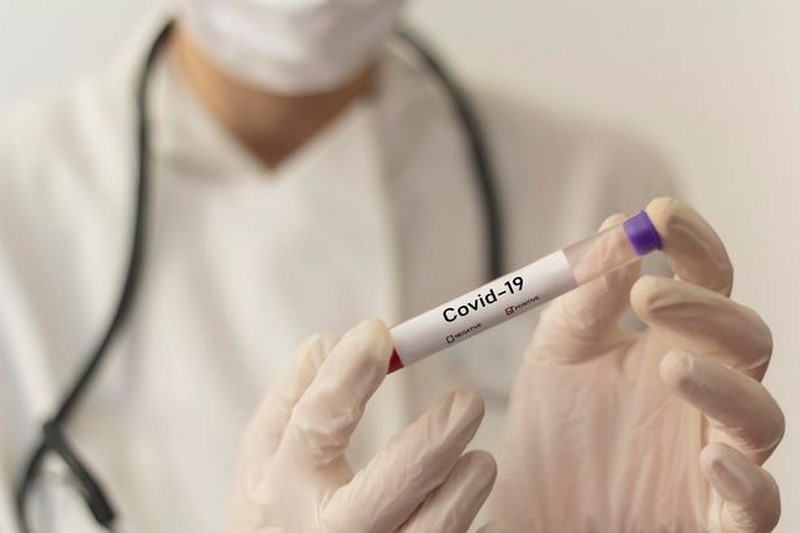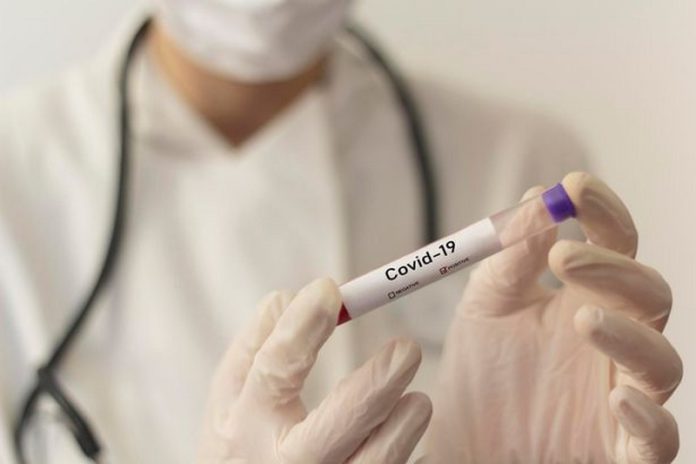Published
4 years agoon
By
Frimpong

Nurses at the Federal Medical Centre in the Southwestern city of Owo, Nigeria stopped treating patients after two nurses were badly beaten early last month.
Relatives of a COVID-19 patient who died attacked the nurses on duty. One nurse had her hair ripped out and suffered a fracture. The second was beaten into a coma. Both are recovering from their injuries.
Following the assaults, the nurses demanded justice and called for the hospital to improve security and other working conditions. Almost two weeks passed before they returned to work.
“Armed security personnel have now been posted to the hospital to run 24-hour service within the hospital,” said Felix Orobode, secretary of the National Association of Nigeria Nurses and Midwives.
The attack in Nigeria was just one of many on health workers globally during the COVID-19 pandemic. A new report by the Geneva-based Insecurity Insight and the University of California, Berkeley’s Human Rights Center identified more than 1,100 threats or acts of violence against healthcare workers and facilities last year.
Researchers found that about 400 of those attacks were related to COVID-19, many motivated by fear or frustration, underscoring the dangers surrounding healthcare workers at a time when they are needed most. Insecurity Insight defines a healthcare attack as any physical violence against or intimidation of healthcare workers or settings and uses online news agencies, humanitarian groups and social media posts to track incidents around the world.
Dr Rohini Haar, an emergency room physician and Human Rights Center research fellow, said she expected healthcare workers to be widely celebrated for their lifesaving work during the pandemic, just as Italians sang tributes to doctors during the lockdown.
“But actually, that didn’t happen in many, many places,” she said. “There’s actually more fear, more distrust, and attacks grew rather than decreased.”
Medical professionals from surgeons to paramedics have long confronted injury or intimidation on the job, especially in conflict zones. Experts say many attacks are rooted in fear or mistrust, as family members react to a relative’s death or a community responds to uncertainty around a disease. The coronavirus has amplified those tensions.

























